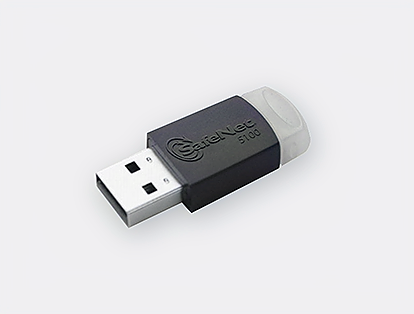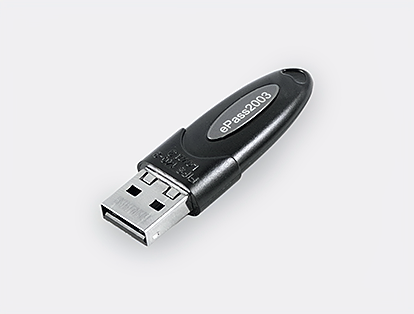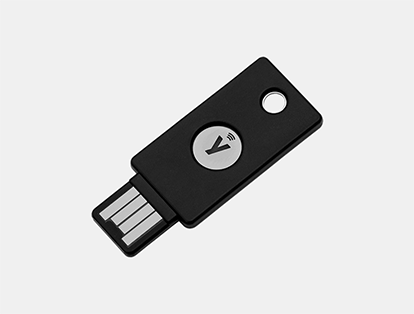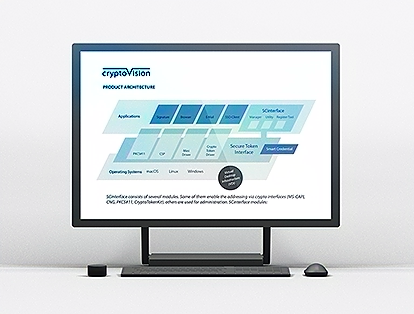A growing number of companies and government agencies looking to streamline their business workflow are now transitioning to electronic document management.
The backbone of electronic document management systems are electronic signatures and public key certificates designed for verifying the signatures.
Today, digital certificates are widely used for managing remote banking services, submitting tender documentation via electronic platforms, and maintaining security in the Internet of Things (IoT) and automated process control systems (APCS).
Proper, clever, and secure use of digital certificates is an important prerequisite for smooth operation of a majority of modern organizations.
The cornerstones of digital certificate management are specialized technology solutions that are commonly referred to as Public Key Infrastructure (PKI). PKI is a set of software and hardware tools that can perform a full range of digital certificate operations.
Stringent criteria are in place for the security of the key PKI components (for example, certificate authorities and tokens). Security requirements are usually stipulated by national and international cyber security regulations.
However, companies have to use PKI components from different manufacturers to address their corporate needs. Moreover, digital certificates may be issued by different certificate authorities, both internal and external (most notably, this is true for accredited certificate authorities that can issue qualified certificates for electronic signatures).
If you don’t have a centrally managed PKI service in place, you are bound to face a number of issues, such as unaccounted tokens and excessive workload required for PKI operation and maintenance. And this can make your PKI solutions and electronic signatures much less effective.
However, all these issues can be addressed by deploying a comprehensive PKI management system. A PKI system should be able to perform the following tasks:
- Centralized monitoring and control over the use of PKI components
- Digital certificate lifecycle management, regardless of the issuing public key authority
- Controlled use of PKI tokens from different vendors
- Self-service tools for corporate users enabling them to manage their own PKI tokens and certificates
- Automation of routine operations for certificate authorities responsible for issuance, revocation, and renewal of digital certificates.
































